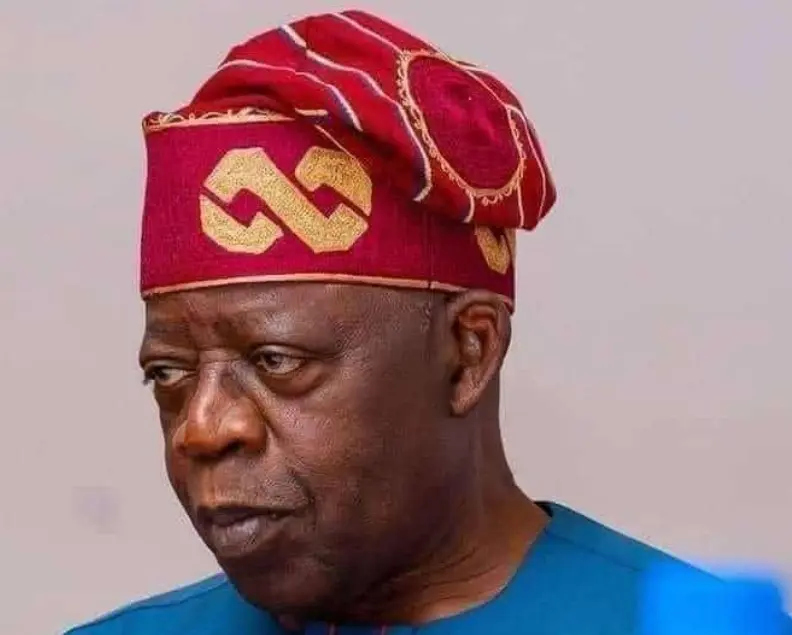WORRIED by what it called ‘‘democratisation of looting at local, state and national levels by various public officials’’, the Civil Society Legislative Advocacy Centre, CSLAC, has noted that financial leakages, corruption, mismanagement, and diversion of public funds are the key signposts of Nigeria’s current economic situation as the present regime winds down govt.
Speaking on the sidelines of the just concluded 2023 edition of the World Bank Group, WBG, Spring meetings in Washington DC, United States of America, USA, Auwal Rafsanjani, the Executive Director of CSLAC, one of the groups from Africa at the meeting, told a select group of journalists that it is because of this pecuniary interest of the public office holders, both elected and appointed, that the outgoing government is not willing to run the system transparently.
He added that this forms the basis of its recommendations for the in-coming government to be headed by Bola Tinubu.
According to him, ‘‘the civil society has come here (IMF/ World Bank meeting) to also advocate to the new incoming government to ensure that what they’re going to have must be a proper economic framework that can deal with issues of artificial induced poverty that some public officials have created for Nigerians;
“That the government must close all leakages that enable illicit financial flow out of Nigeria, using our financial system because of the failure of the financial regulations.

“‘‘The economic policy framework that we have has been proven to be a disaster.
“It has not been able to address the numerous problems arising from inflation, even in terms of policy inconsistency that we have that is also as the result of the consequences of the lack of foresight and lack of having economic management team that can help galvanize the economy, is all part of the problems that we are calling on the new administration to stay clear from.
‘‘So we want the new administration to make sure that the economic management team is put in place.
‘‘We also want the government to review the existing economic policy framework, so that we will not continue to repeat the kind of economic development setback for the country.
‘‘We want the incoming administration to also focus on diversification of the economy, not just on oil.
‘‘We want the incoming government to ensure that they also embark on industrialization because any country can only grow and develop when it is able to produce.
“We cannot be just consuming, we must make our factories, industries to work.
‘‘We must revitalize agriculture to be very productive, because most of the materials that we are importing could actually enhance our agriculture to be effective and efficient to be able to give us the necessary materials to turnaround the economy.
“It is absolutely necessary that the incoming administration look at that aspect.
‘‘It is also our prayer that the incoming administration will do away with the fraud called subsidy regime. And not only that, to also investigate in the last 10 years public tax payers money that had been squandered in the name of subsidy.

‘‘If this incoming administration of Bola Tinubu cannot investigate how Nigeria and Nigerians have been shortchanged by paying fraud called subsidy, then there is a worry.
‘‘So we also want the administration of Tinubu to ensure that they strengthen our fiscal responsibility law, so that whenever we are borrowing, we are in compliance with the fiscal responsibility law, and those borrowing must not be just for consumption but it must actually be for productivity that will even pay back those loans.
‘‘Again, we want the administration of Tinubu to ensure that public procurement law is also complied with, because if we continue to deviate or undermine the public procurement law, it means that we will continue to do business as usual.
‘‘We also want the administration of Tinubu to ensure that the new Petroleum Industry Act, PIA, is put into operation, having in mind the community development fund and support.
‘‘So we are here (at the World Bank/ IMF meeting) to advocate all these policy reforms that will revamp our economy, because if the economy continues to be stagnated, the rising inflation, the unemployment, the collapse of industrialization and manufacturing companies will continue’’.





